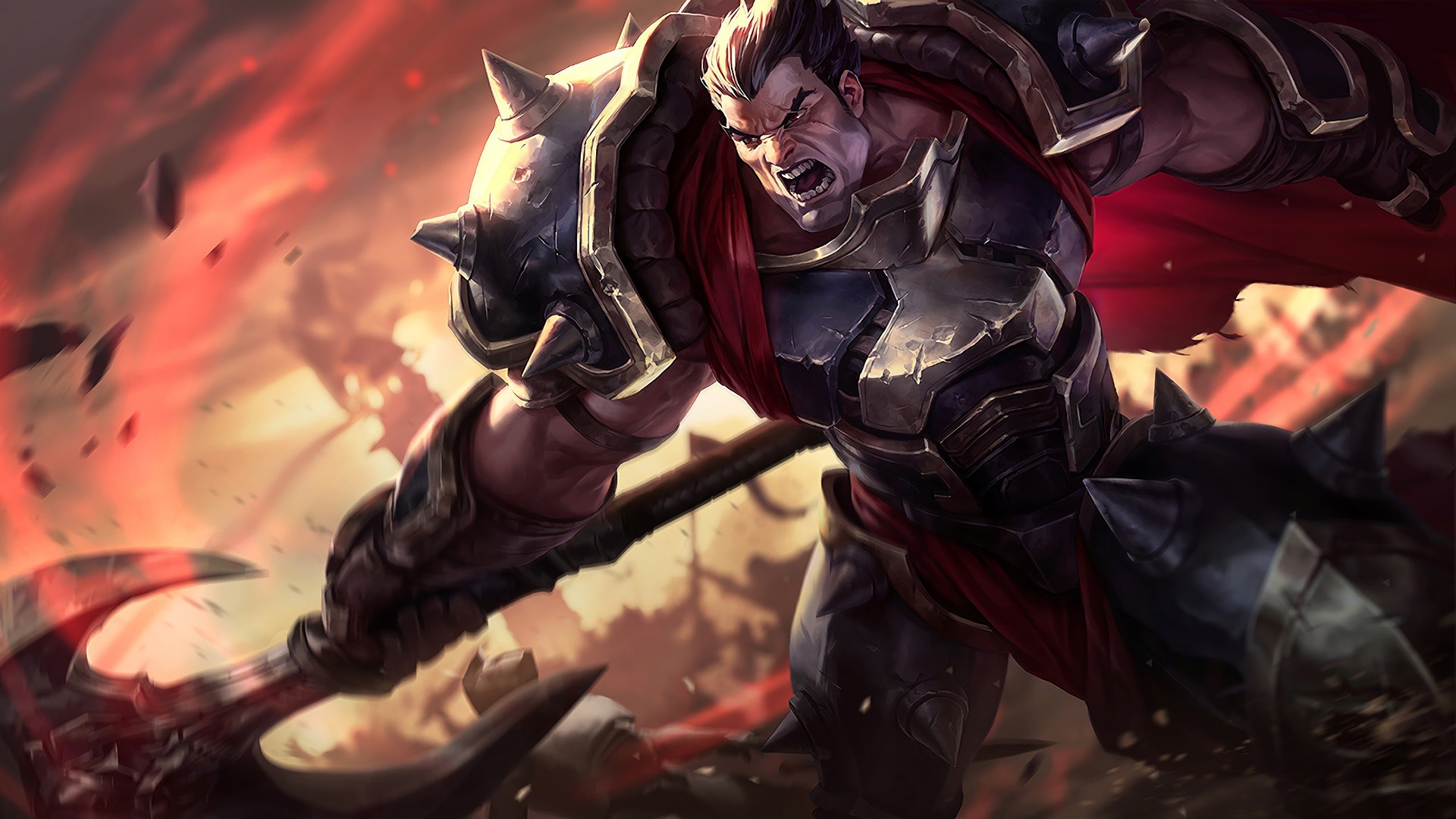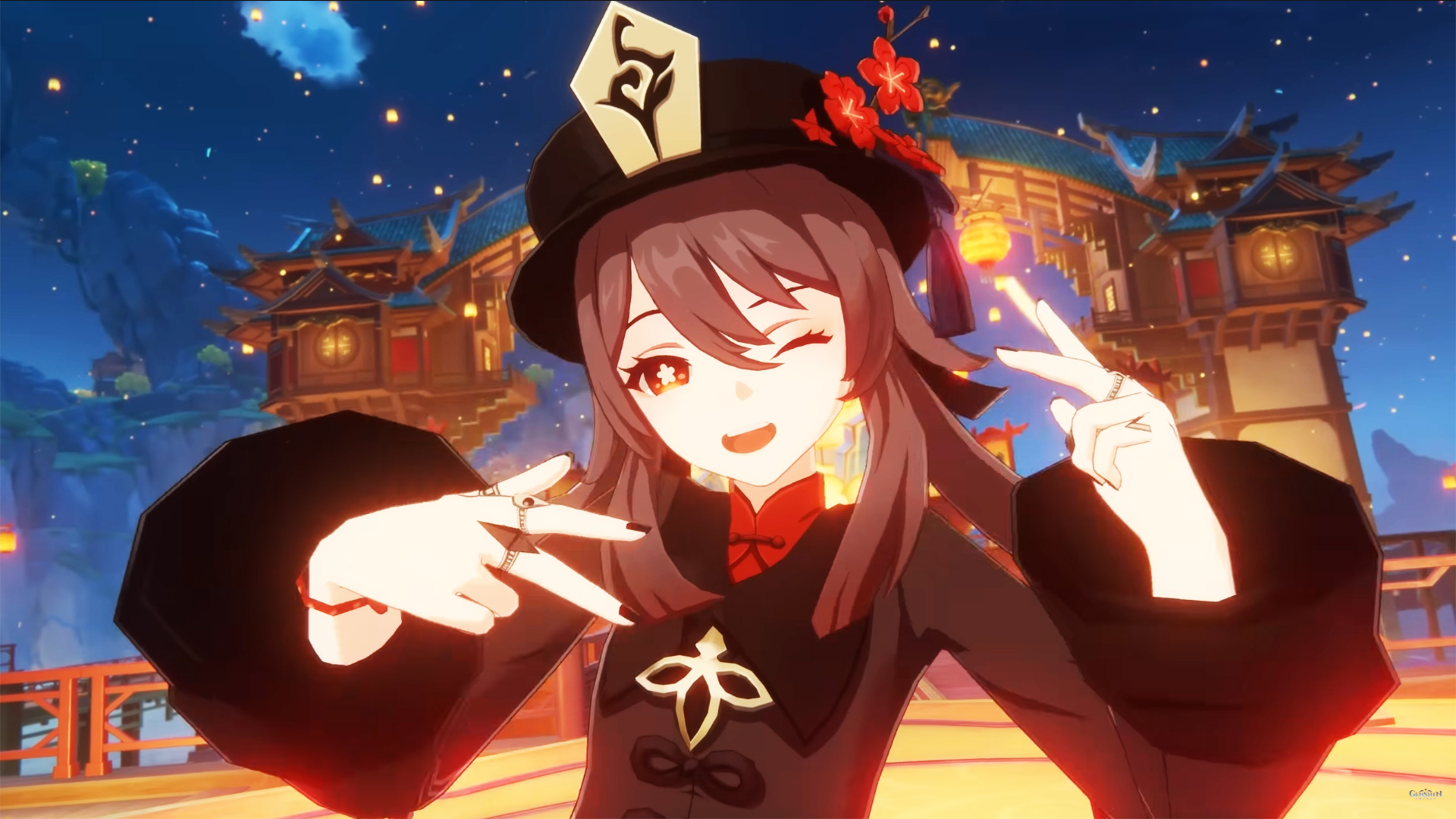Shares in Chinese gaming giants tumble as the CCP imposes strict new regulations and spending limits, alongside a ban on login bonuses and 'luck-based draw features' for minors
A report states that "nearly $80 billion in market value" has spilled out of two major companies alone.

January 3, 2024: The CCP intends to loosen its proposed restrictions, and has reportedly removed the official responsible for the draft rules in the first place. Original story follows.
Regulators of the Chinese Communist Party have come down hard on several key pieces in the live service model, leading to spiralling shares for major players in the market as investors scramble to assess the damage.
According to a Reuters report, "nearly $80 billion in market value" has sloughed off Tencent Games and NetEase Games: "Shares in Tencent Holdings (0700.HK), the world's biggest gaming company, tumbled as much as 16% at one point, while those of its closest rival, NetEase (9999.HK), plunged as much as 25% after the National Press and Publication Administrations published the new draft rules."
Tencent Games is the parent company of studios like Riot Studios (League of Legends) and Fatshark (Warhammer 40k: Darktide). Meanwhile, NetEase has played a hand in games like Diablo: Immortal and Dead By Daylight mobile. MiHoYo (the company behind popular gacha games like Genshin Impact and Honkai: Star Rail) is also based in China.
The tech correspondent for Reuters Josh Ye has shared the full list of draft rules on Twitter. These included requirements for publishers to store their servers in China, preventing "luck-based draw features" offered to minors, enforcing spending limits, and stopping daily log-in rewards.
As shared in Bloomberg's report, a senior analyst at Forsyth Barr Asia Ltd (a financial advisory company based in Hong Kong) describes a dejected atmosphere: "It caught people off guard, right before the holiday … It feels disheartening as well for this to happen after a year that is already so difficult for the market." Meanwhile, the Financial Times describes a stunned trading desk head at an investment bank: "This was supposed to be a quiet day before Christmas … I haven’t seen moves like this in these names before."
These rules—which an analyst from 86Research maintains will not likely see "major changes"—are disastrous for these games' monetisation models. Login rewards are a blow, sure, but capping spending limits could gut the entire scheme. Free-to-play games often target "whales"—players with either the willingness (or expendable income) to drop thousands of dollars.

This isn't some industry secret. A co-founder of HoYoverse straight up told the press in 2020 that Genshin Impact targets "otakus" who were willing to "pay for love." Granted, Otaku's a Japanese term—and it's unlikely that the Chinese Communist Party cares how gaming companies monetise foreign countries. Especially considering these regulations seem more like cultural browbeating than financial plays.
Keep up to date with the most important stories and the best deals, as picked by the PC Gamer team.
In 2021 laws were enforced in China to prevent gamers under the age of 18 from playing games outside the hours of 8-9PM on weekdays, even using facial recognition technology to enforce said rules. The government also extended its reach towards gender expression and "gay love", including "unhealthy tendencies, such as money-worship and effeminacy". This aversion towards queerness had been impacting character designs in the Chinese version of League for a while, as PC Gamer's Andy Chalk observes—but it's a first for official policy. There's also its recent crack-down on crypto currency, though I imagine that's less of a concern for gaming companies with their roots firmly in legal tender.
This is all in spite of the fact that earlier this year, a study found "No evidence that Chinese playtime mandates reduced heavy gaming" based on data provided by Unity Technologies. Granted, the study targeted gaming in the country as a whole rather than "young people specifically"—nonetheless, it found that the policy had been ineffective in its stated goals.

Harvey's history with games started when he first begged his parents for a World of Warcraft subscription aged 12, though he's since been cursed with Final Fantasy 14-brain and a huge crush on G'raha Tia. He made his start as a freelancer, writing for websites like Techradar, The Escapist, Dicebreaker, The Gamer, Into the Spine—and of course, PC Gamer. He'll sink his teeth into anything that looks interesting, though he has a soft spot for RPGs, soulslikes, roguelikes, deckbuilders, MMOs, and weird indie titles. He also plays a shelf load of TTRPGs in his offline time. Don't ask him what his favourite system is, he has too many.

